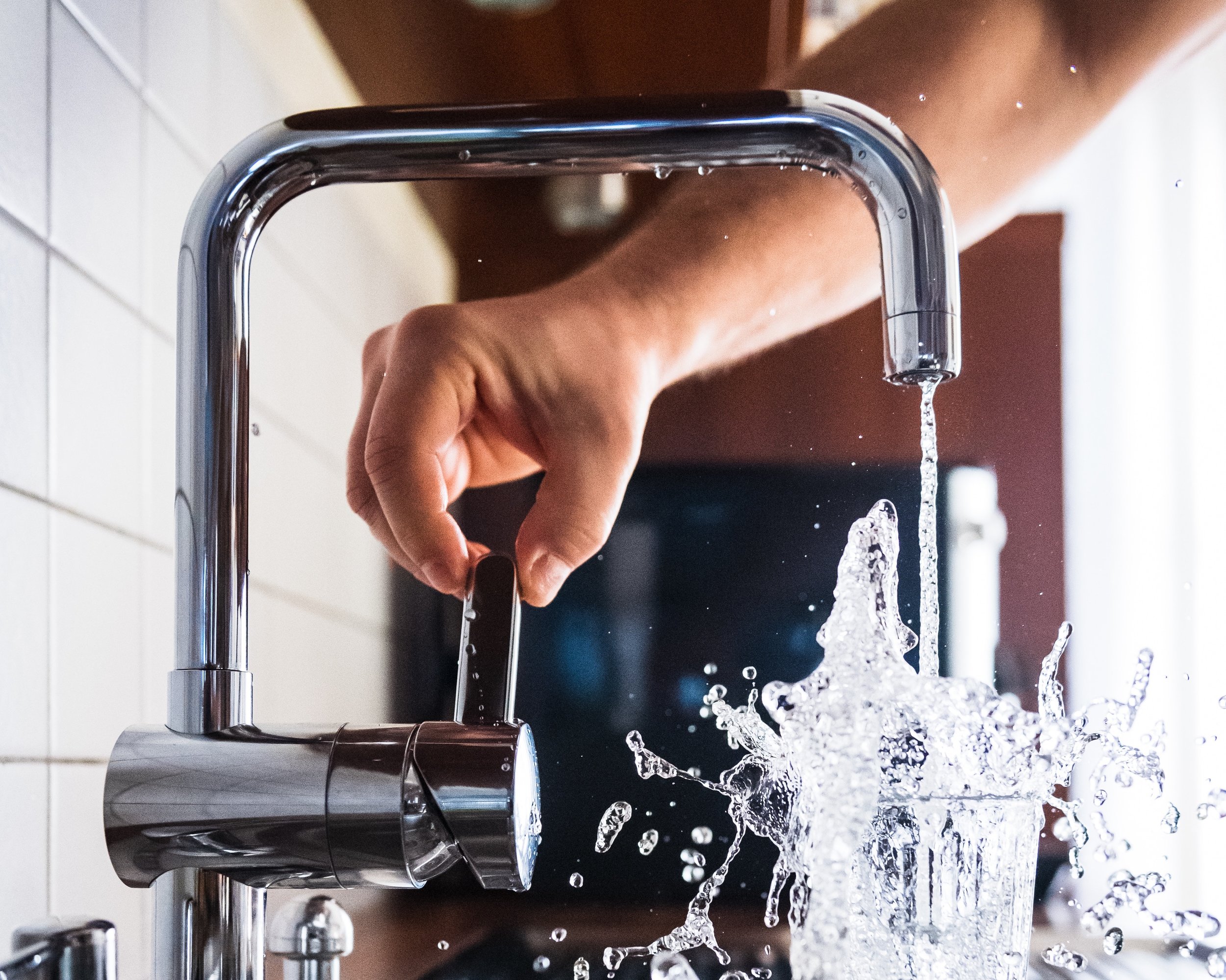This is a question that you’re likely to ask yourself if you intend to buy a whole house water filter or when there is already one in place. There has been a growing concern among homeowners about whole house water filters affecting the water pressure levels. It should be noted that there could be a couple of factors that impact the flow rate in your home. The quality of the water and the size of the pipes are just a few examples. It is also possible that the main pressure could play a contributing role in the challenges that you’re currently experiencing. In this article, we’re going to highlight some tips that will come in handy so that you’re taking a proactive approach when dealing with such a challenge instead of reacting to the situation.
Table of Contents
Getting to Understand the Pressure Mechanism in Your Home
You’ve probably never given a thought to how water travels to the faucet in your home when it is turned on. The pressure will determine the force that is exerted to push the water through the different pipes in a home. You’ve probably read whole house water filter reviews but can’t seem to get one that will address the pressure level concerns. The municipal council’s water systems are the ones responsible for distributing water to most residential houses. Such systems allow for water to be extracted from different ground sources before it is treated for impurities.
The next stage involves pumping to the water towers and gravity plays a pivotal role to aid with the process. The levels of pressure can severely be impacted if the infrastructure in place is old or ineffective.
Other Factors That Can Impact Flow Rate
Homes that have wells are likely to experience issues with low pressure. The position of the water source could be the reason for the low pressure. The pressure levels could vary significantly across the day depending on the demand. You’ll want to find out the reason for the fluctuating pressure levels as it could result in major inconveniences in your home.
The Need to Remove Contaminants
It is imperative that contaminants are being removed from the water flowing through pipes in your home. You probably know by now that tap water is not always safe and might contain harmful bacteria. We live in an era where plastic use is at an all-time high. They can be found in our cars, offices, and homes. That is why having a whole house filtration is important to get rid of the impurities in the water. An Achilles heel that underscores the need of having a steady flow of water in your home could be with the filtration system in place.

Making The Right Decision
As a homeowner, you might be wondering if installing a whole water system is actually worth it because of the pressure level concerns. In order to determine if you should go for it, you’ll need to figure out if you need a filtration system for the whole house or just for cooking and cleaning. If you have a sensitive nose, it will make sense to invest in a whole house filter so that all the impurities are removed.
Getting The Right Water Filter
The water filter that you choose will depend on your needs. Having relevant criteria can help narrow down the exact filtration system that you’d want to be installed in your home. There are a few basic questions to ask before settling on a whole house filtration system.
What is Being Filtered Out?
The majority of manufacturers will have systems that are designed to filter out up to 0.35 microns. Such systems are also tasked with removing chlorine, heavy metals, and iron. There are some advanced systems that will include a UV light purifier, water softener, and other complex gadgets to ensure that impurities are completely removed. There is no need to go for a fancy system for the job to get done.
Take Note of the Filter Life
Having a whole house filter system in place is not easy or straightforward as a lot of people might assume. There are complex steps to be taken and even a task such as replacing the cartridges could turn out to be a challenging endeavor. Look for a filter that doesn’t have to be replaced every few months. Ideally, you should be looking for a filter that doesn’t interfere with the water flow and can be used for years to come.




